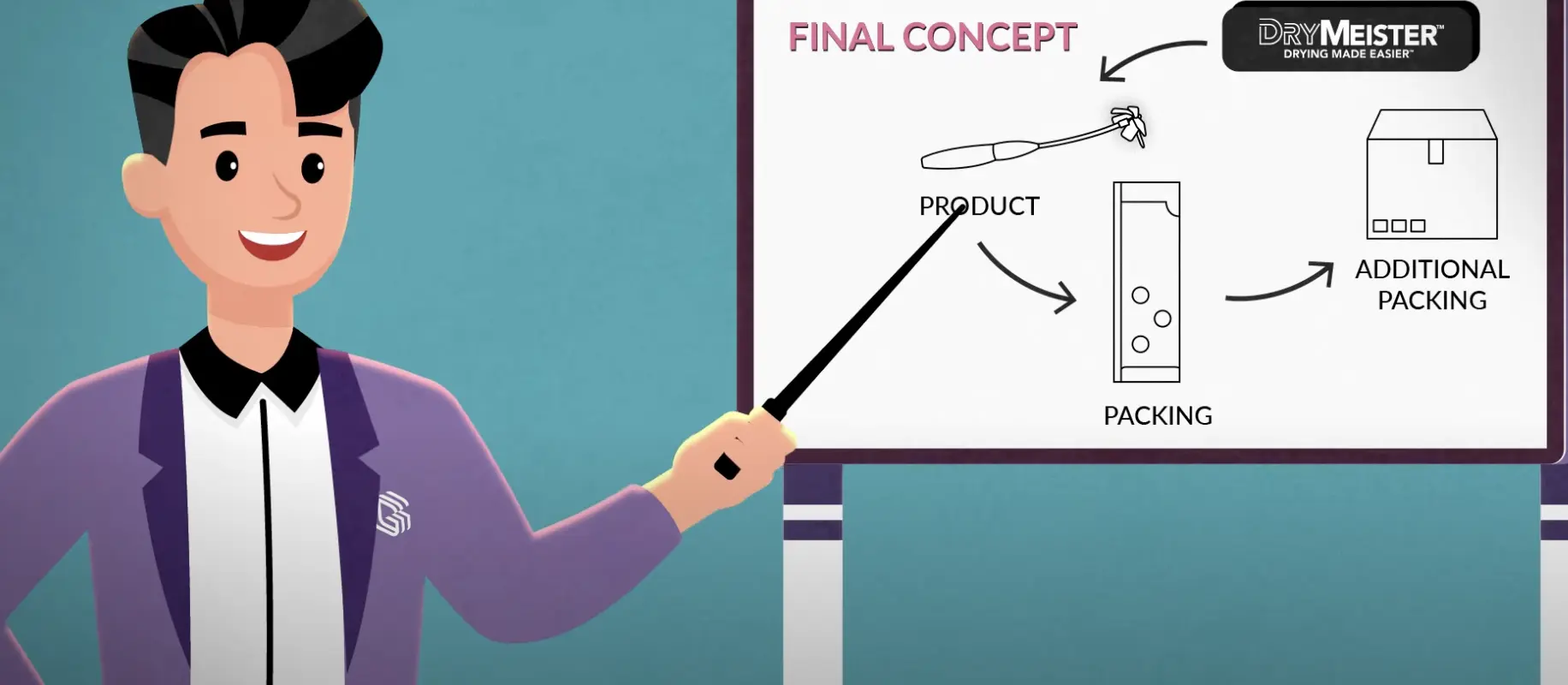
High-Quality Factories
Vetted Manufacturers to fit your needs

Less Cost, Faster Lead Times
Manufacture products for up to 30% less

All-In-One Partnership
From sourcing to product launch
Thanks for reaching out,
we’ll be in touch soon!
Your Product Idea
Vetted Factories
Faster
Why Source From China?
With the world’s largest manufacturing ecosystem, China offers unmatched capacity, rapid prototyping, and cost efficiency. At Gembah, we partner with pre-audited factories that specialize in electronics, consumer goods, and tools. Our team ensures IP protection, factory vetting, and seamless logistics—so you get affordable quality and full control over your supply chain.
Get Started
“We chose Gembah partly because of their extensive network, and now we’re working with this new Indian supplier who we have the utmost confidence in. I’ve referred people to Gembah already.”
— Ryan Angott, President of LapLok

“I was looking for somebody who could connect me with factories in China, because I didn’t know at all how it all worked. I really liked the team and the people [at Gembah]. They are very supportive and always easy to get in touch with and very helpful.”
— Anna Bacon, Founder of Ma Fête

“The Gembah team has really helped us,” said Alison. “We’ve gotten our first two production runs done with Gembah and built strong relationships with factories because Gembah saved the day. When I came to Gembah it felt like mission impossible. I’ve learned a lot, and while it’s bittersweet to leave Gembah I’m very thankful to have someone full-time focused on managing our products.”
— Alison Rogers, Founder & CEO of USEFULL

“We’ve been able to establish connections with manufacturers that we wouldn’t have been able to with our current team. Project management is important, and it’s been nice to see Gembah lean into that, and hire some very talented project managers to keep everyone on schedule. We view Gembah as an extension of our team to identify, design, and secure manufacturing partners.”
— Emma Nelson, MUD\WTR Vice President of Operations
Gembah Sourcing & Supply Chain in Numbers
Our solutions have enabled true benefits for our customers and partnerships in enabling their business through supply chain expertise.
$10M
CLIENT COSTS SAVED
300
sourced cheaper
3M+
units manufactured
Gembah’s End-To-End Process
At Gembah we understand what it takes to bring your idea to market. Our services span every stage of the process. See below the stages which Gembah helped Aimee make Dry Meister the growing success it is today.

On the design side, Gembah explores the market to find opportunities to differentiate your product.

We refine all of your design options into clear specifications and intent.

Our team works closely with factories to ensure your product is technically sound and ready for manufacturing.

We compile everything into a comprehensive set of specifications that allows your product to be manufactured anywhere in the world.

We find the ideal factory for your product through global sourcing and local, on-the-ground support.

We refine your product with your supplier and deliver samples to ensure quality and compliance.

Once you place your order, we manage production and logistics to ensure quality and a smooth experience.

We manage every repeat production cycle to ensure consistent quality and smooth execution.
Gembah is used by everyone from solo inventors to big brands
Manufacturing in China FAQ
Can I protect my IP in China?
Absolutely—every project includes NDAs, factory audits, and white-label agreements to safeguard your IP throughout the process.
What are lead times from China?
Standard is 6–8 weeks from sampling to production, with the potential for faster turnaround on less complex products.
Are tariffs included?
No—tariffs depend on product codes. We help you identify HTS codes and calculate landed costs as part of our sourcing service.
How do you ensure quality?
We conduct in-factory inspections, random sampling checks, and final pre-shipment inspections before sign-off.
Have a Product Idea?
Get in Touch with our Experts
Let Gembah provide you with a tailored quote and development solutions from ideation all the way through to production management.


